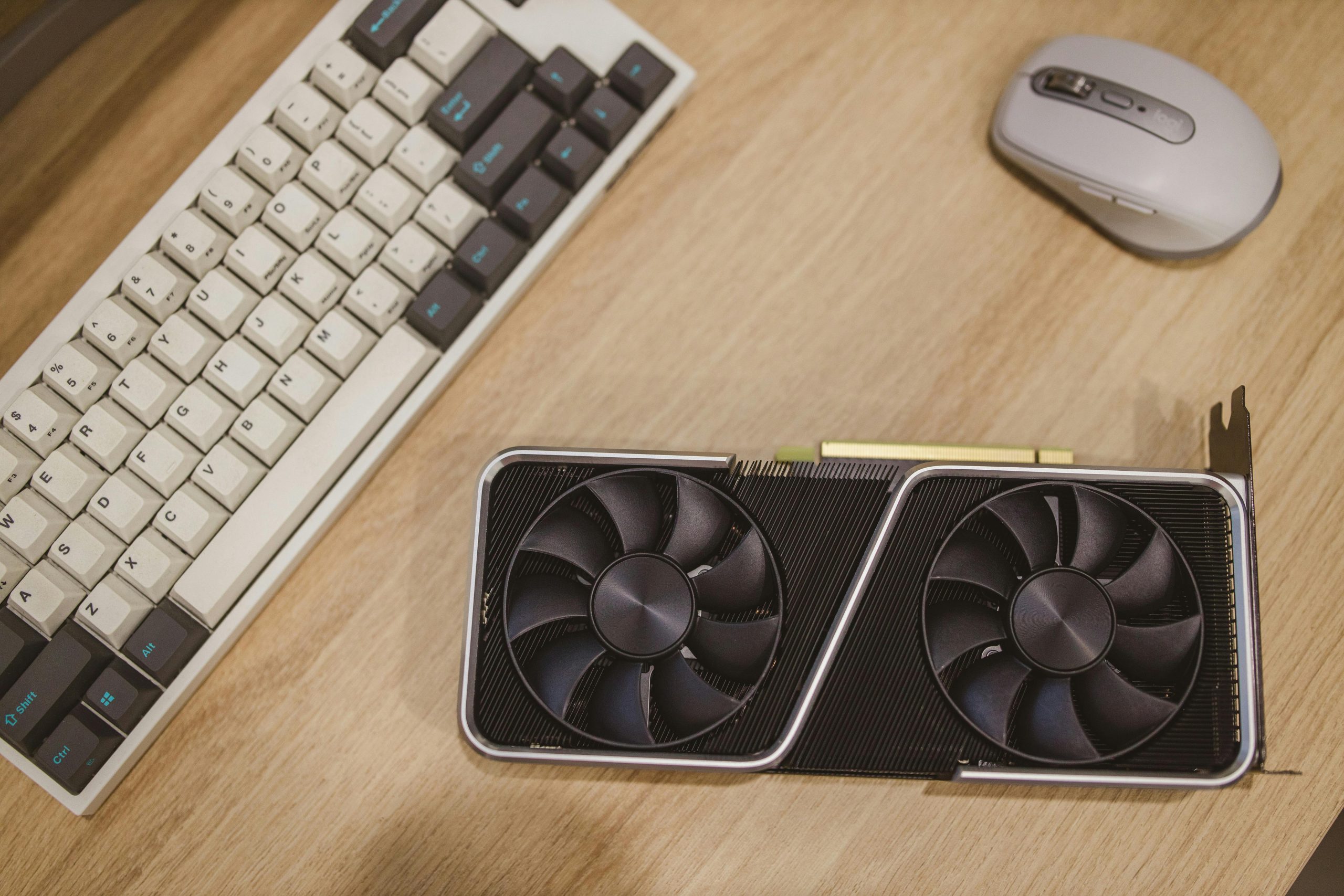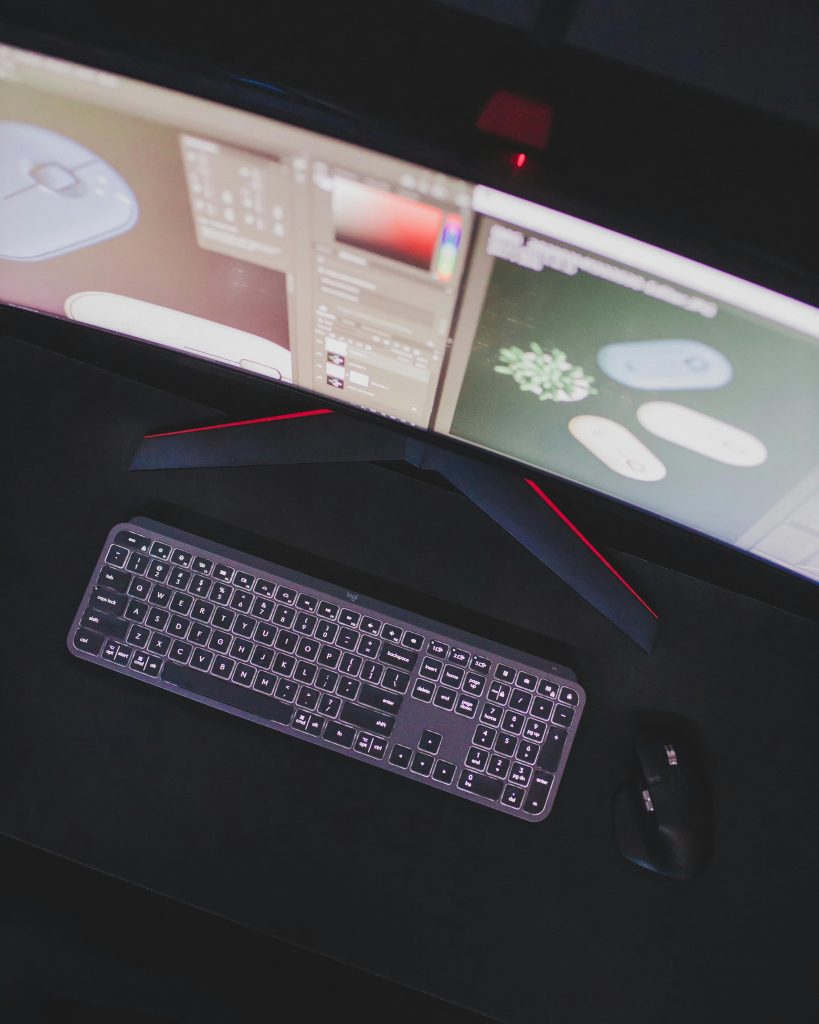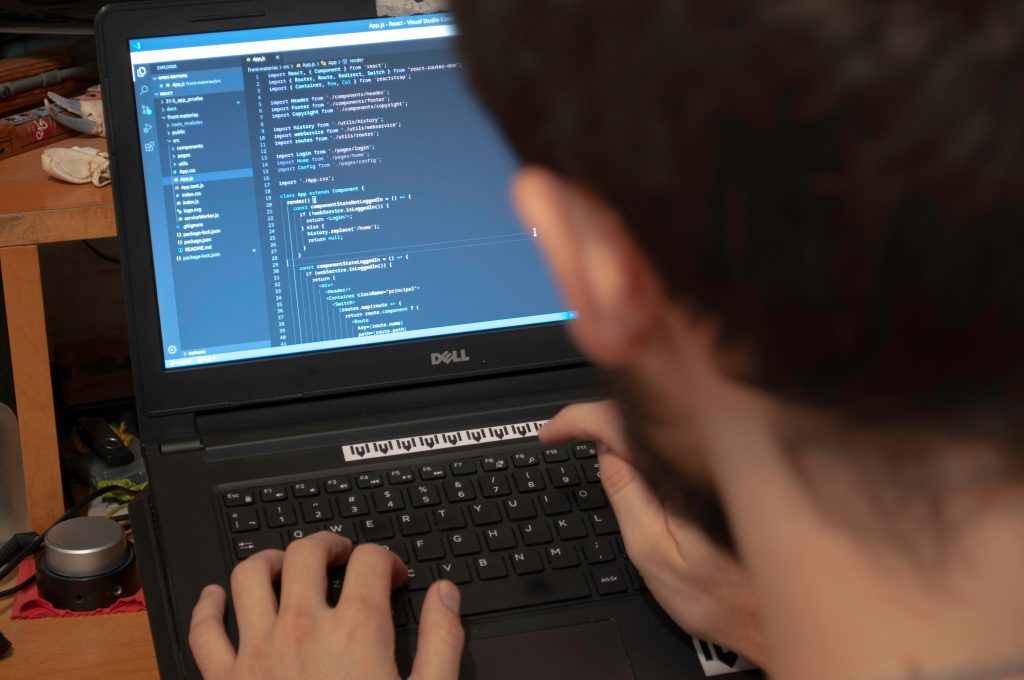Troubleshooting a Newly Assembled PC: Fans Spinning but No Boot or Keyboard Lighting
Building a new PC can be an exciting experience, but it also comes with its fair share of troubleshooting challenges. If you’ve recently assembled your custom PC and are facing issues where the system powers on—fans are spinning and the keyboard lights up—but the system doesn’t boot or display anything on the monitor, you’re not alone. Let’s explore common causes and solutions to help get your machine up and running.
Common Symptoms in a Newly Assembled PC:
- Fans are spinning upon power-up
- Keyboard lights turn on momentarily
- No display output
- No POST (Power-On Self Test) beeps or error codes
Hardware Details in Your Build:
- Graphics Card: AMD RX 5600 XT
- Processor: AMD Ryzen 5 2600
- Memory (RAM): 16GB DDR4 (2x8GB)
- Motherboard: ASRock B450 Steel Legend
- Power Supply: 500W
- Additional Components: Storage drives, case fans, etc.
Step-by-Step Troubleshooting Guide
1. Verify Power Connections
Ensure that all power connectors are securely attached:
– 24-pin ATX motherboard power connector
– 8-pin CPU power connector (usually near the CPU socket)
– Any additional power connectors required by your GPU
2. Check the RAM
Memory issues are common culprits in startup problems:
– Reseat your RAM modules, removing and reinserting each stick firmly.
– Try booting with just one RAM stick at a time to identify a faulty module.
– Make sure the RAM modules are installed in the recommended slots as per the motherboard manual (typically slots 2 and 4 for dual-channel).
3. Clear CMOS/Reset BIOS
Since you mentioned changing components and wiping the RAM with an eraser:
– Resetting the BIOS may resolve compatibility issues.
– Locate the CMOS jumper on the motherboard, or remove the CMOS battery for about 5 minutes, then reinstall.
– This resets BIOS settings to defaults, which can fix boot issues caused by incorrect settings.
4. Check the CPU Seating
Ensure the CPU is properly installed:
– Remove the CPU cooler if necessary.
– Reseat the CPU carefully, making sure the alignment is correct.
– Check for bent pins on the CPU or the socket.
Share this content:



